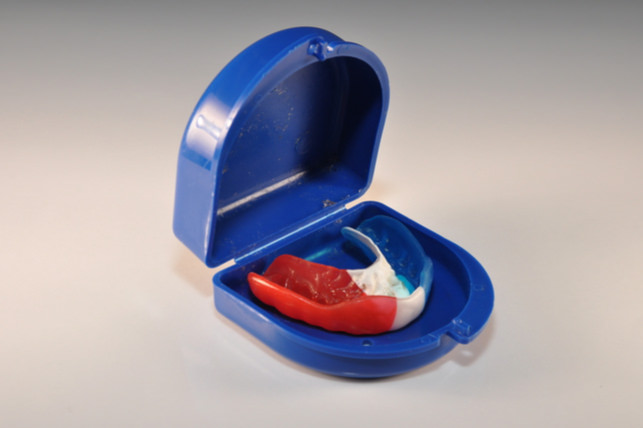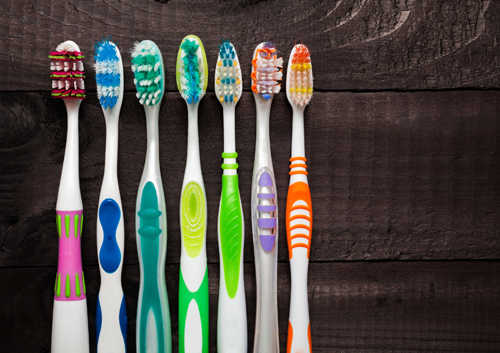Which Sports Guard is Right for My Child?
April 11, 2019

Dental injuries account for nearly 20% of all sports related injuries. Did you know that your child is 60 times more likely to sustain damage to their teeth when they aren’t wearing a mouth guard? Here’s what you need to know about mouth guards, and how to select the one that is best for your child.
How Do Mouth Guards Work?
Mouth guards – sometimes called mouth protectors – work by helping cushion a blow to the face, and minimizing the risk of broken teeth, or lacerating a lip, tongue or cheek. Did you know that the CDC estimates that more than 3 million teeth are knocked out at youth sporting events? Mouth guards work to prevent tooth loss and other facial injuries.
What Kind of Mouth Guards Work Best?
There are a variety of mouth guards available today, and some are more effective than others.
Stock Mouth Guards
The most inexpensive, and least effective mouth guards are stock mouth guards. Stock mouth guards can be very bulky and ill-fitting, and they can make breathing very difficult. You can find them at most major sporting goods stores for very reasonable prices. We advise getting these if your child is in a sport with less contact, but for contact intensive sports like football or hockey, a better fitting model will protect their teeth much more effectively.
Boil and Bite Sports Guards
The middle-of-the-road option in both price and quality is the boil and bite mouth guard. Boil and bite guards are made of rubber composites that become malleable when heated. When you buy one of these, they are packaged as “U” shaped pieces of rubber without indentation. After you boil it (read the manufacturer’s instructions before boiling) you child firmly bites into the guard so that it molds to fit her teeth. Boil and bite guards can be found at many major sporting goods stores, and they provide sufficient enough protection for high contact sports.
Custom Made Mouth Guards
The best fitting and most effective mouth guards are custom-made mouth guards, which can be made for your child by a dentist that offers the service. Custom mouth guards are available in multiple materials and affords them a mouth protector that is completely personalized to fit their teeth. Custom mouth guards fit the best and provide the most advanced protection.
Which Sports Require Mouth Guards?
The American Dental Association recommends wearing custom mouth guards for these popular sports: basketball, boxing, field hockey, football, ice hockey, lacrosse, martial arts, racquetball, roller hockey, rugby, skateboarding, skiing, soccer, volleyball, water polo and wrestling, among others. This is just a recommendation by the ADA. If you’re unsure about whether or not your child is required to wear a mouth guard, consult the rules of the sport.




